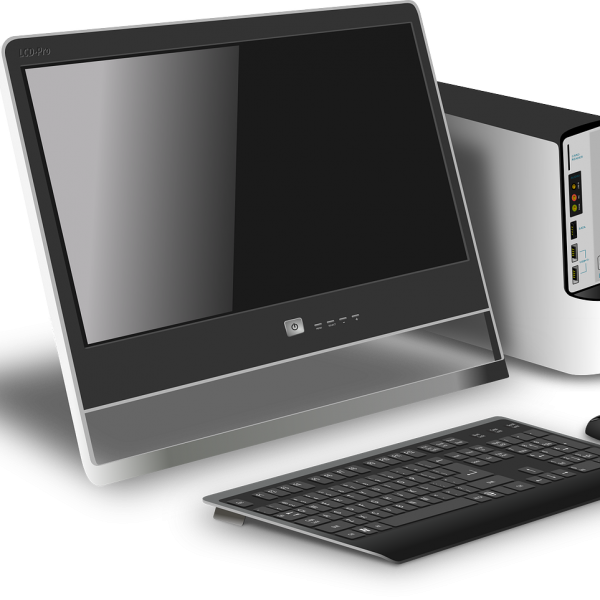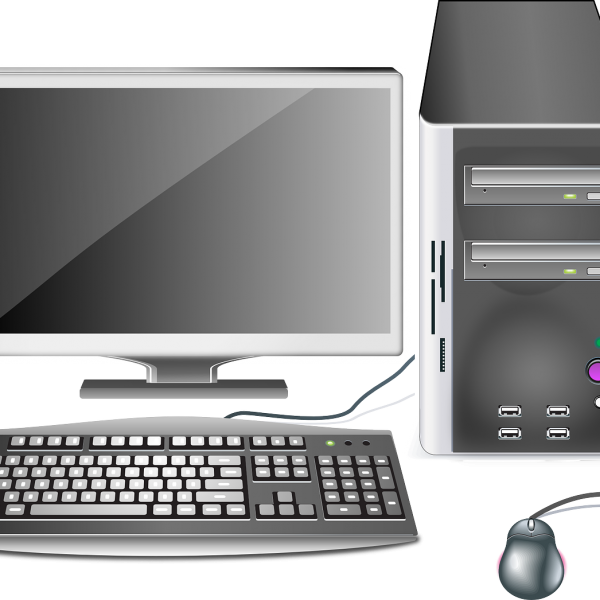Data scientists have highly technical and analytical hard skills like statistical modeling, machine learning and programming. But certain soft skills are equally crucial for success in the role. Having strengths across communication, collaboration, creativity and other areas sets data scientists up for impactful careers.
Here are 5 vital soft skills that data science professionals should look to develop and demonstrate in 2021:
1. Communication Skills
Strong verbal and written communication abilities are essential for data scientists. They need to convey complex data insights to non-technical colleagues and leadership in easy-to-understand ways. This ensures the organization can take informed, data-driven actions. Data scientists also work extensively with product and engineering teams. Clear communication fosters collaboration to ship analytics features and products faster.
Data scientists should focus on tailoring explanations of methodologies, results and recommendations for the intended audience. Using simplified language, relatable analogies and visualizations rather than technical jargon makes concepts more accessible. Listening closely to internal stakeholders helps identify points requiring elaboration.
Writing skills are similarly crucial for reporting findings across dashboards, presentations and technical documentation. With remote work growing, written communication enables sharing knowledge across distributed teams.
2. Business Acumen
While data scientists concentrate on the technical aspects of statistical analysis and modeling, business acumen connects the work to corporate goals. Understanding the company’s objectives, competitive landscape and operational needs provides helpful context.
Data scientists who learn their business’s priorities and functions can better identify where and how to drive impact with data. This leads to focusing analytical efforts on projects that directly align with key business outcomes. Discussing use cases with business teams sparks ideas to deliver tangible value.
3. Creativity
Thinking creatively helps data scientists approach analytical problems from new angles. Standard methodologies do not always apply cleanly to real-world ambiguous, noisy datasets. Data scientists need to get innovative across several facets of their role:
– Brainstorming data sources and variables that may reveal new insights
– Trying different modeling techniques beyond typical defaults
– Developing new evaluation metrics aligned to business needs
– Visualizing and presenting findings in digestible, engaging ways
Creative exploration leads to new discoveries from company data that would be missed sticking narrowly to textbook approaches. Discussing possibilities with others across disciplines sparks inspirations to uncover hidden opportunities.
4. Agility & Adaptability
In a big data world, priorities and requirements can shift rapidly. Data scientists must exhibit flexibility and enthusiasm for upskilling as organizations adopt new technologies. Being open to varied data types like text, images and video allows leveraging innovations like vision AI and natural language processing.
Transitioning between different tools and techniques is key. Data scientists may build models in Python or R then need to move training and deployment to cloud platforms. Willingness to iterate and try new ideas while maintaining rigor enables agility.
5. Collaboration & Teamwork
Lone wolf mentalities do not thrive in data science. The best data professionals love collaborating cross-functionally to shape projects and products. Working together with engineering, design, product and business teams produces more holistic solutions. Openness to feedback also improves analytical thinking.
Data scientists should actively participate inroadmapping sessions, brainstorms and reviews. Leading workshops helps teach non-technical colleagues about analyzing data and applying insights. Building connections across the organization amplifies the data scientist’s impact and creates awareness of how they can contribute to shared goals.
In summary, developing soft skills like communication, business acumen and teamwork makes data scientists more effective leaders in applying data for business value. While technical expertise is mandatory, well-rounded soft abilities ensure analysis gets embraced by key stakeholders. With data’s strategic importance growing, these soft skills will only increase in necessity to maximize data scientists’ visibility and influence in 2021.




